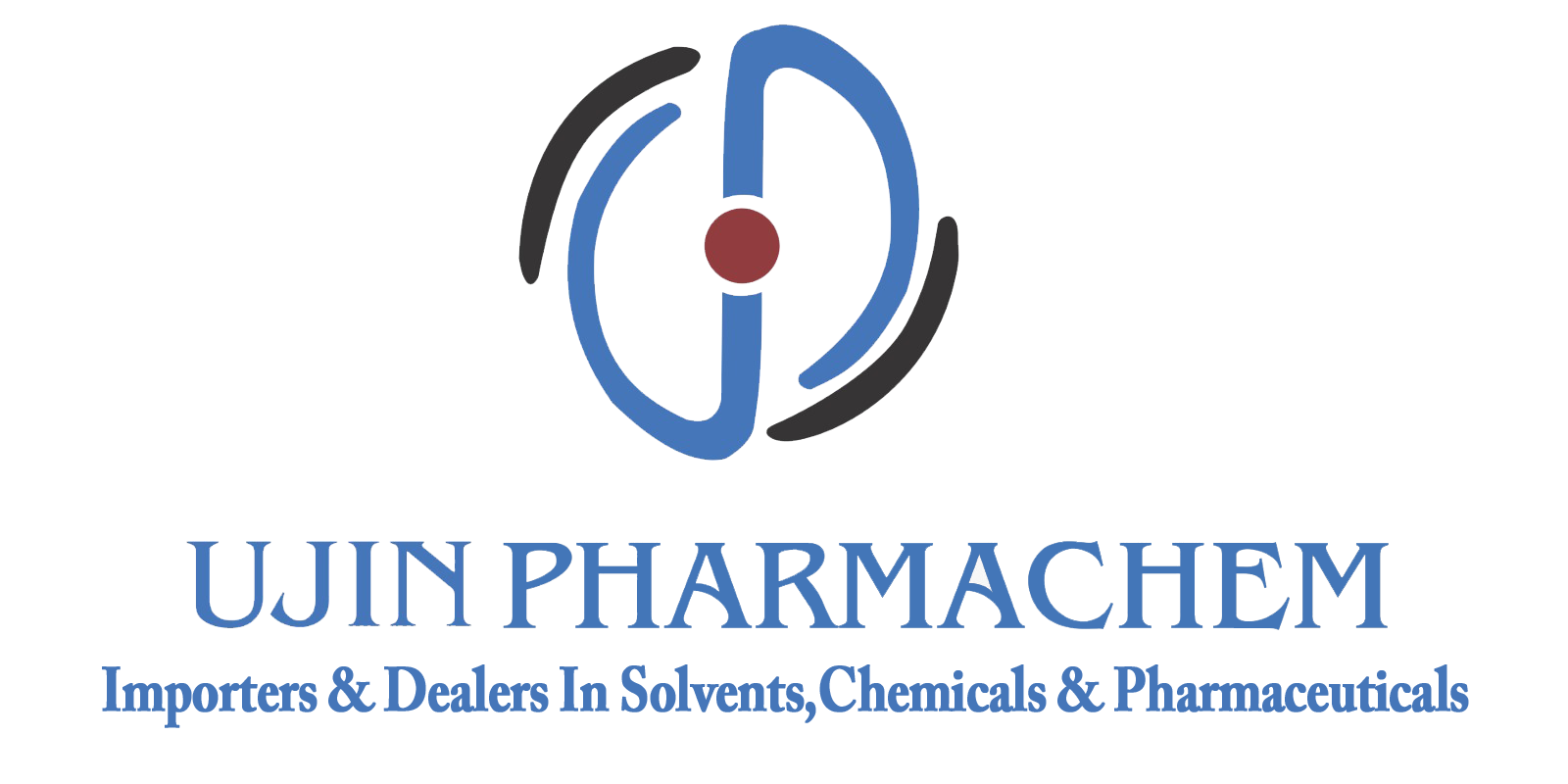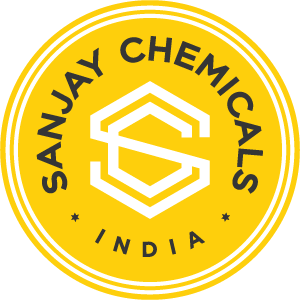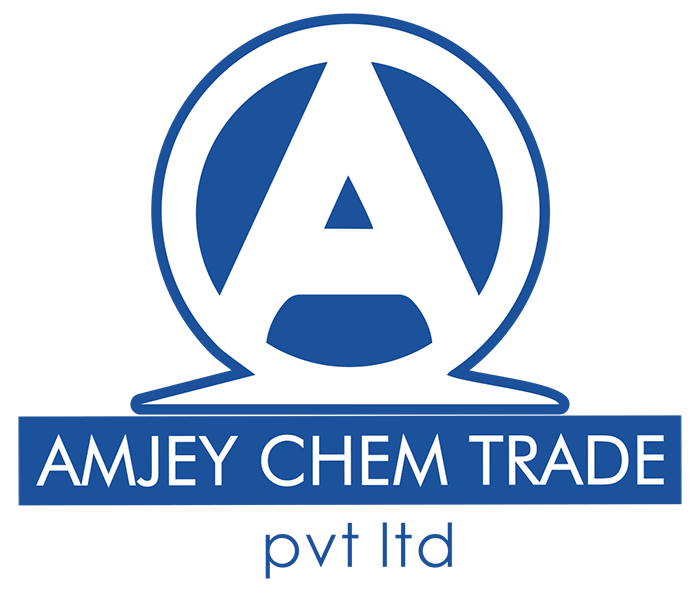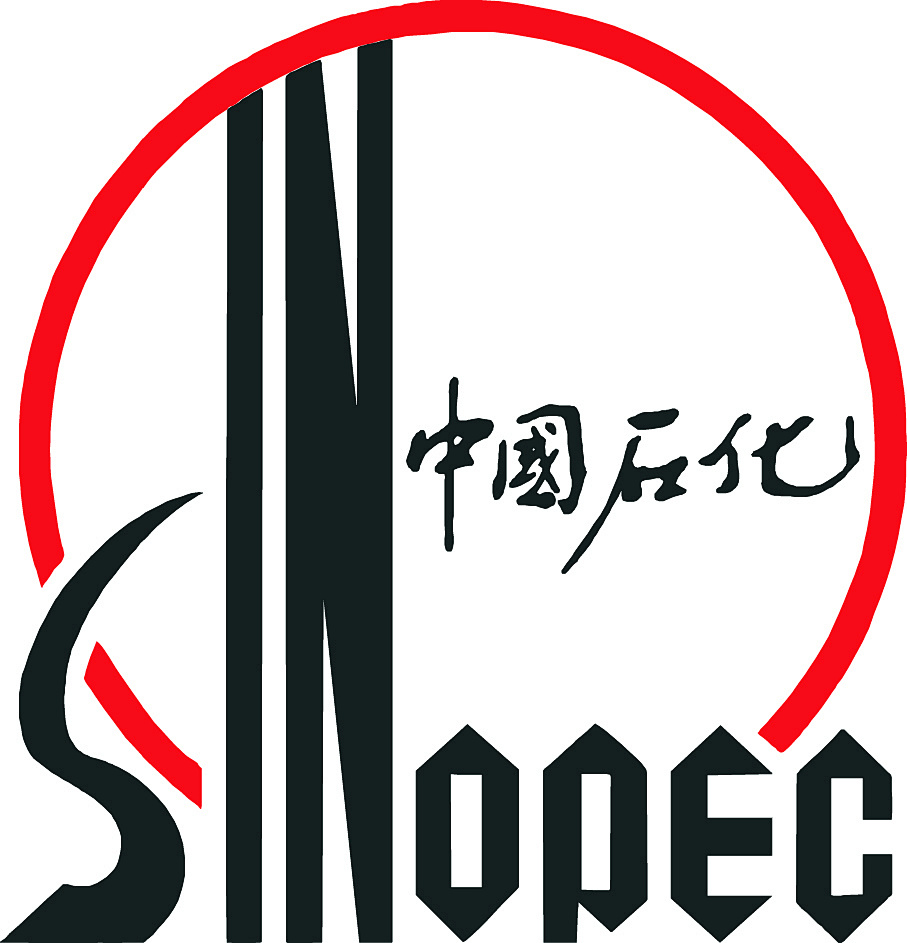Classification
The size of the fertilizer effect is determined by its potassium oxide content. Mainly potassium chloride, potassium sulfate, plant ash, potassium Epsom salt, potassium phosphate (potassium dihydrogen phosphate) and so on. Most can dissolve in water, fertilizer faster. And can be absorbed by the soil, not easy to lose. When the appropriate amount of potassium fertilizer is applied, it can make the crop stem grow strong, prevent lodging, promote flowering and fruiting, and enhance drought resistance, cold resistance, and resistance to diseases and insect pests. A unit fertilizer with a marked amount of potassium (K or K₂ O) is potash fertilizer. It can improve the potassium supply capacity of soil and the potassium nutrition level of plants.
has a single element "potassium" (K or K₂ O) marked amount is a single element containing fertilizer (potash fertilizer) ". "Potash fertilizer" is divided into binary compound potassium fertilizer and ternary compound potassium fertilizer.
according to the chemical composition of potassium fertilizer can be divided into chlorine containing potassium fertilizer and non chlorine potassium fertilizer. Potash fertilizers are all water-soluble, but also contain certain other insoluble components.
the main potash varieties are potassium chloride, potassium sulfate, potassium dihydrogen phosphate, potassium salt, potassium magnesium salt, carnallite, potassium nitrate, kiln ash potassium fertilizer.
potassium chloride containing potassium oxide is 50% ~ 60%. It is mainly made of carnallite, potash salt and bittern as raw materials. Potassium chloride is easily soluble in water, with a solubility of 34.7 at 20 degrees Celsius and 55.7 at 100 degrees Celsius. It is a quick-acting fertilizer and can be directly absorbed by plants. Potassium chloride is not hygroscopic, usually does not agglomerate, and has good physical properties.
to facilitate the application of potassium sulfate production methods: one
is directly from natural minerals and hard salt ore, etc. The second is converted from potassium chloride, and 70% of the potassium sulfate produced in the world is produced by the conversion method. Potassium sulfate containing potassium oxide 50% ~ 54%, more pure potassium sulfate is white or light yellow. Rhombic or hexagonal crystal, moisture absorption is much smaller than potassium chloride, good physical properties, not easy to agglomerate, cheap application.
Use method
potassium fertilizer can be used as base fertilizer, can also be used as top dressing, some varieties can also be used as foliar fertilizer, but as base fertilizer and foliar fertilizer application effect is good. The use of potassium fertilizer as a base fertilizer can meet the demand for potassium in the whole growth period of crops, which is particularly important for crops with short growth period and soil with obvious potassium deficiency. A combination of base application and foliar application can be used for long-growing crops such as cotton. A combination of base and topdressing can be used for sandy soils. The mobility of potassium in soil is between nitrogen and phosphorus. The content of available potassium in the soil is less than 100 mg/kg/mu. When the content of available potassium in the soil is below 100~150 mg/kg, it is only necessary to apply K₂ O₂%-5kg/mu. When the content of available potassium in the soil is greater than 150 mg/kg, chemical potassium fertilizer is not applied or less depending on the type of crops.
Selection method
1, look at the soil conditions
from the of soil texture, clay soil available potassium content is often higher, can be less or not; sandy soil available potassium content is often low, should increase the application of potassium fertilizer. Sulfur-deficient soil should be selected potassium sulfate fertilizer; saline-alkali soil should be applied potassium sulfate fertilizer, potassium chloride fertilizer should not be used to avoid increasing the content of chloride ions in the soil.
2, see crop species potassium sulfate is suitable for all kinds of crops, especially potatoes and other crops, the effect is better than potassium chloride. For fiber crops, potassium chloride is more suitable. Since potassium sulfate generates calcium sulfate in neutral and calcareous soils and sulfuric acid on acidic soils, a large amount of potassium sulfate is applied on neutral and calcareous soils for a long time. Attention should be paid to preventing soil compactness and organic fertilizers should be applied to improve soil structure. The application of potassium sulfate on acidic soil requires additional lime to neutralize the acidity. For paddy fields and other highly reductive soils, the effect of applying potassium sulfate is not as good as potassium chloride, and the main disadvantage is that it is easy to produce hydrogen sulfide poisoning. For cruciferous crops and garlic and other crops that require more sulfur, the application of potassium sulfate has a better effect and should be used preferentially. Potassium chloride should not be applied to chlorine-free crops, nor should it be used as a seed fertilizer. Because the hydrochloric acid generated by potassium chloride in acidic soil can enhance the acidity of the soil, it is possible to strengthen the toxic effect of active iron and aluminum. Therefore, the application of potassium chloride on acidic soil should be combined with the application of organic fertilizer lime to neutralize the acidity and reduce the toxicity.
3, look at the fertilizer price due to the high cost of potassium sulfate, the price is significantly higher than potassium chloride, so, in the efficient economic crops can choose potassium sulfate, and for the general field crops in addition to a few chlorine sensitive crops and saline-alkali land, it is appropriate to use cheaper potassium chloride.
4, see irrigation conditions have irrigation conditions or rainy areas, as long as the soil drainage conditions are good, most crops can use potassium chloride fertilizer, the yield and variety will not have adverse effects.
![]() +086 1911-7288-062 [ CN ]
+086 1911-7288-062 [ CN ]



































































































